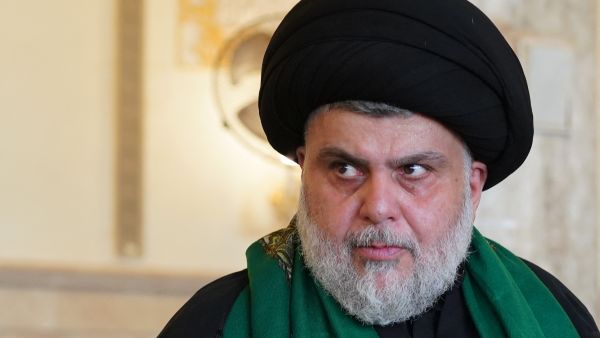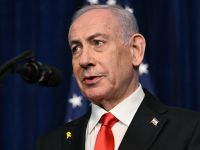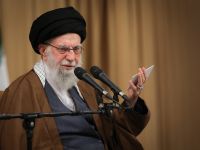ALBAWABA - According to local reports and after almost two years of failing to form a government, Iraqi Shi’ite Muslim cleric Muqtada al-Sadr is laying the groundwork for a political comeback.
His return, which is expected for the 2025 parliamentary election, could challenge the growing power of rivals such as Iraqi Shi'ite parties and armed organizations aligned with Iran, as well as damage Iraq's recent relative stability, according to analysts.
Many in Iraq's majority Shi'ite population, however, are likely to celebrate al-Sadr's resurgence, particularly his legions of primarily devout and impoverished supporters who see him as a champion of the oppressed.
Reuters interviewed nearly 20 people for this story, including Shi'ite politicians from al-Sadr's movement and opposition factions, clerics and politicians from the Shi'ite holy city of Najaf, and government officials and analysts. Most talked on the condition of anonymity to discuss sensitive topics.
Al-Sadr won the 2021 parliamentary election but forced his lawmakers to quit, then proclaimed his "final withdrawal" from politics the following year after opposing Shi'ite parties foiled his attempt to build a majority administration primarily with Kurdish and Sunni Muslim parties.
The Shi'ite Clerc, a dominating figure in Iraq since the 2003 U.S.-led invasion, has railed against Iran's and the United States' dominance in the country.
"This time, the Sadrist movement has stronger plans than the last time round to win more seats in order to form a majority government," said a former Sadrist politician, albeit the final decision to run has not yet been taken.
Iran sees al-Sadr's political participation as critical to the long-term viability of Iraq's Shi'ite-dominated political system, though Tehran opposes his claims to be the country's sole dominating force.
The US, which fought al-Sadr's soldiers after he launched a holy war on them in 2004, sees him as a threat to Iraq's fragile stability, but also as a necessary counterweight to Iranian power. Many Iraqis believe they have lost out regardless of who is in power, while elites profit from the country's oil wealth.







